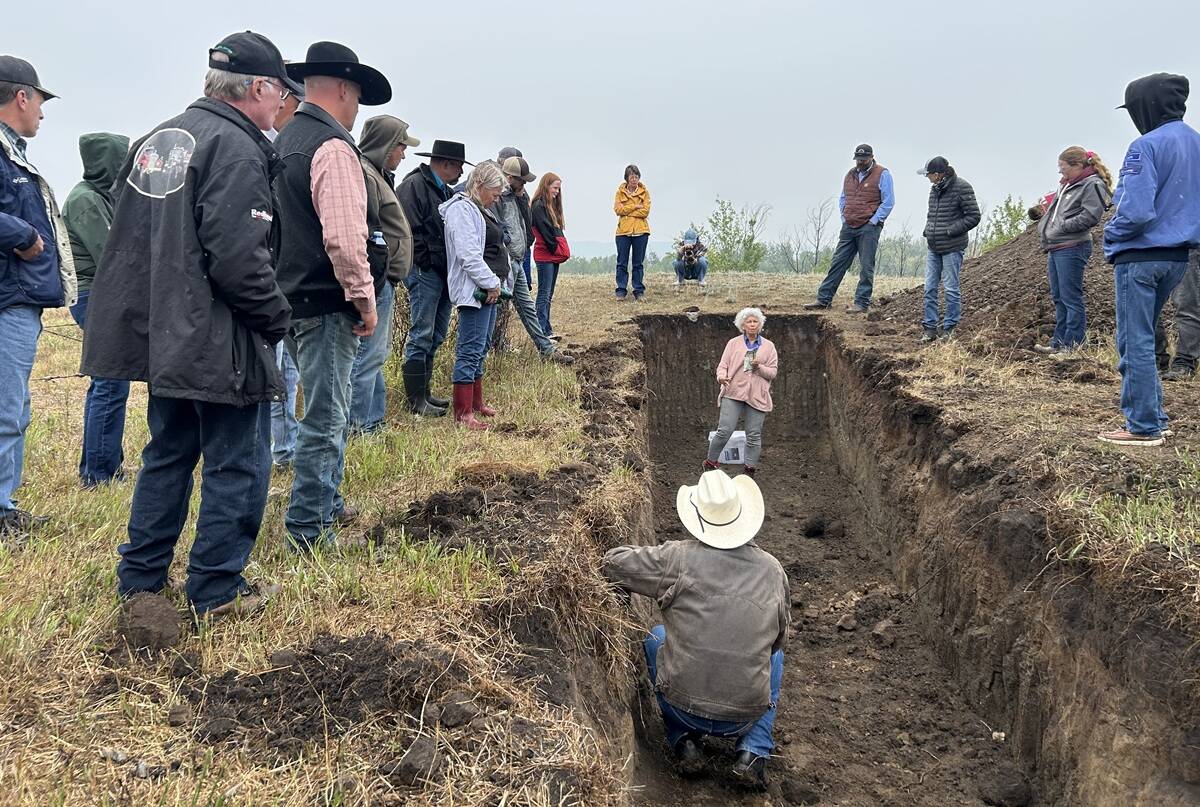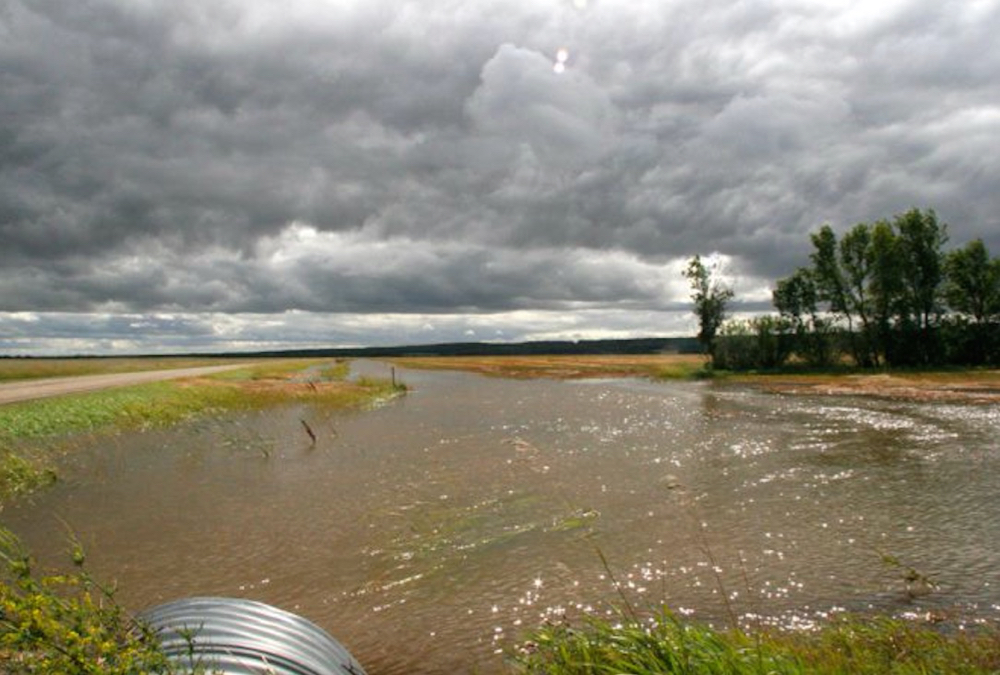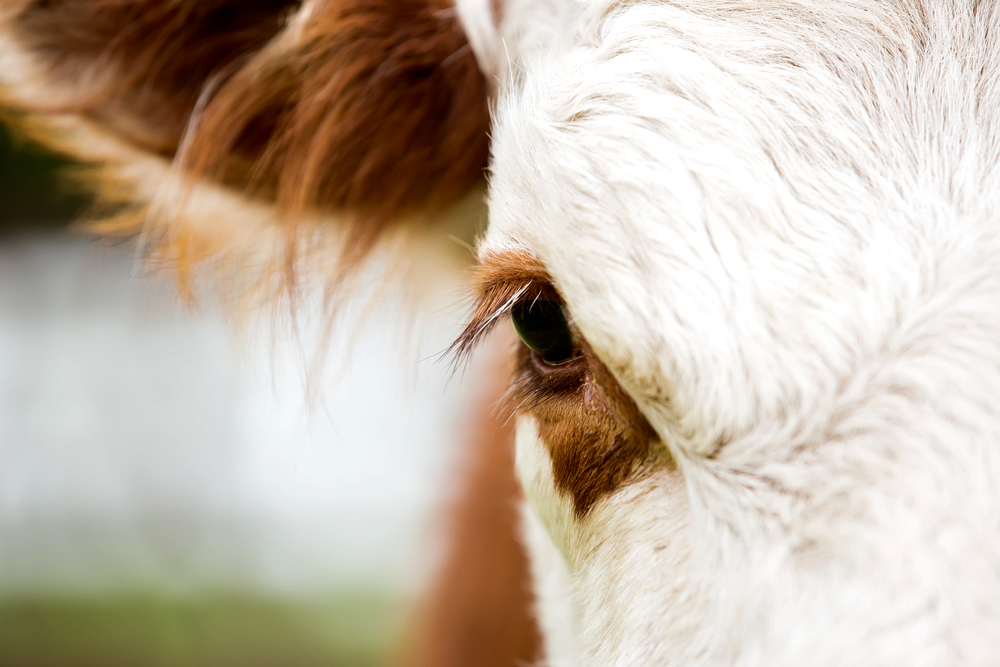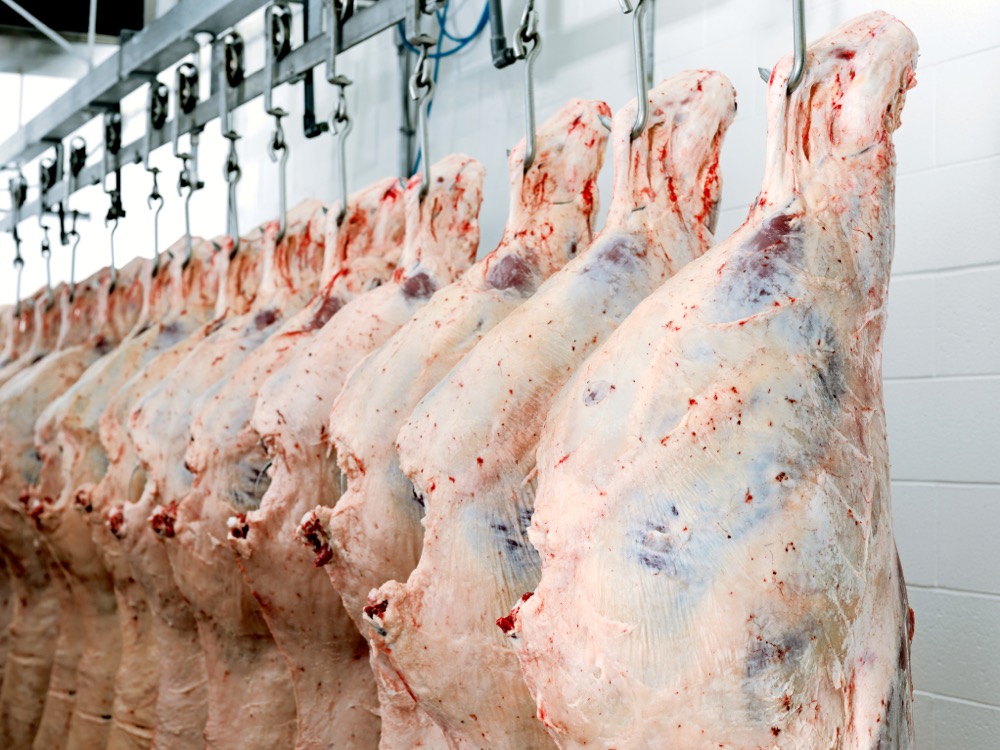I can’t help but wonder if the scientists at the World Health Organization were surprised by public reaction to their linking processed meat and red meat to cancer.
Within hours the hashtags #FreeBacon, #Bacongeddon and JeSuis Bacon exploded to the top of the twitterverse with negative tweets outnumbering the positives by seven to one.
German agriculture minister, Christian Schmidt immediately jumped to the defence of bratwurst, a favoured food that “no one should be afraid to eat every now and then.”
Read Also

Improving soil health on the ranch
Yamily Zavala, PhD, talks soil health for farmers and ranchers at a grazing club field day at Paradise Hill, Saskatchewan.
Austrian agriculture minister, Andra Rupprechter posted a picture of himself eating cold cuts, and labelling the WHO report a farce.
Meat-loving South Africans who favour their beef cooked over an open barbecue didn’t expect anything to change because of the WHO report.
Similar quotes piled on from Italy where processed meat is an important part of the Mediterranean diet.
Certainly this spontaneous reaction to the negative headlines is heartening to meat industry supporters. It wasn’t a choreographed response to a carefully crafted campaign by some vegan activists. It was people reacting to a threat to their way of life.
Can you imagine a World Series baseball game with no hotdogs? Or breakfast at your favourite haunt with no bacon and eggs on the menu, or lunch without corned beef, ham or pastrami on rye? Obviously, a lot of people can’t.
It makes you wonder who collected the black eye here, the meat industry or the scientific community?
The North American Meat Industry believes it’s the latter. NAMI vice-president of scientific affairs, Dr. Betsy Booren had some of the harshest criticism of the WHO’s International Agency for Research on Cancer (IARC).
She claims this expert panel showed a bias in classifying red and processed meat as cancer hazards when it ignored many of the studies that showed the health benefits of a balanced diet that includes meat.
The panel does seem to have a predilection for finding cancer wherever it looks; of the 985 agents it has examined so far, all but one product, a chemical in yoga pants, have been classified as theoretical hazards for cancer. Sunshine, alcohol, coffee and many of the things that give pleasure to life make that list along with red meat and bologna.
In this case the researchers reviewed 800 epidemiological studies and ended up focusing on a few cohort studies focused on colorectal cancer. Positive associations were reported in 12 of 18 studies. A statistical analysis of the data in 10 of them showed a 17 per cent higher risk of bowel cancer when patients ate 100 grams of red meat per day and an 18 per cent higher risk in those eating 50 grams of processed meat per day.
What’s the risk that you will get colorectal cancer if you don’t eat red and processed meat? About the same.
The Canadian Cattlemen’s Association puts it at one per cent, based on the 100 grams per day example. To start with, Canadians eat about half that, closer to 50 grams of red meat per day on average. Then you mix in the low risk that you would ever get colorectal cancer. The American Society of Clinical Oncology estimates five per cent of those with an average risk of colorectal cancer actually get sick.
There is no discussion in the WHO report about what else these people consumed, whether they were young or old, healthy or run down. Just that they said they ate this amount of meat every day and had cancer of the bowel.
What about alcohol, or coffee, or sugar (another hazard)? The IARC attributes 34,000 cancer deaths per year to diets high in processed meat, and 600,000 to alcohol. So, one wonders, how many of those 34,000 also drank wine or beer with their meals?
How they came up with a correlation for a single ingredient in a diet and turned it into a cause of a particular cancer is a mystery.
The mystery is even deeper when it comes to red meat which is given a 2A rating as a cancer hazard, meaning there is limited evidence of it causing cancer in humans but sufficient evidence that it does in experimental animals. It’s “a positive association” but they can’t rule out chance, bias or confounding reasons for these observations. This is the basis of worldwide headlines stating red meat causes cancer?
Perhaps the fog will lift when they publish their full monograph, along with their methodology, next year.
The only real question for the meat industry is how the public will react to this announcement over time.
The first response has been favourable. Whether that will weaken when the anti-meat gang has a chance to mobilize their fear machine time will tell.
I remain hopeful that common sense will prevail.
The bacon-loving humour writer for the Winnipeg Free Press, Doug Speirs sums it up nicely: “So if you want to panic and get your knickers in a twist, sure, go ahead and go cold turkey on bacon. You won’t live any longer, but it will definitely feel like it.”

















